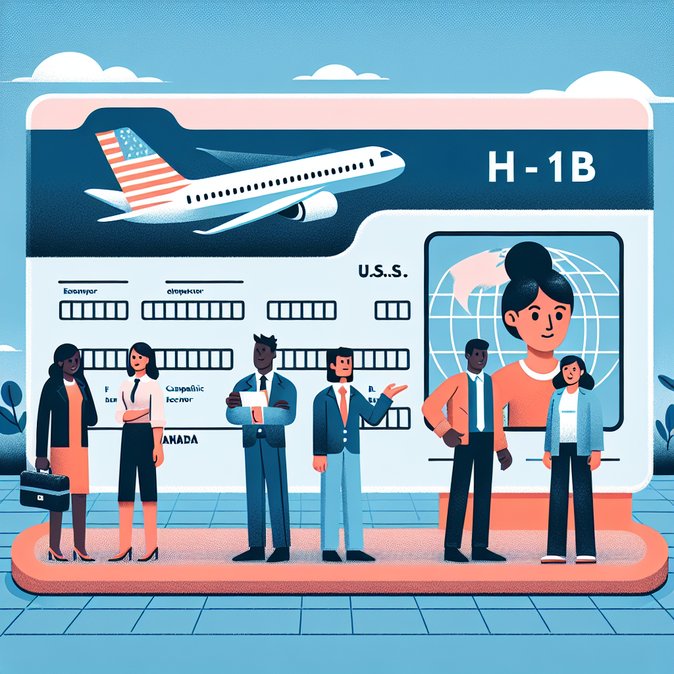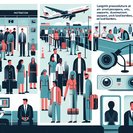
Barely a month after President Trump’s executive order hiked the base filing fee for new H-1B petitions from roughly US$6,000 to a staggering US$100,000, several Fortune 500 companies have paused sponsorship altogether, according to an investigative report published October 25 by Moneycontrol. Tech giants including Salesforce, Meta and ServiceNow confirmed to the outlet that they will limit FY 2027 registrations to "mission-critical" roles while they evaluate budget impacts; consulting leader Accenture said it may redirect entry-level hiring to its Canadian delivery centers.
Industry lobbyists say the sudden 20-fold increase— framed by the White House as a way to "protect American workers"—could drain up to US$14 billion in working capital from the private sector next year. Startups are especially exposed: venture-backed firms typically rely on H-1B workers for specialized machine-learning and chip-design skills that domestic hiring pipelines cannot fill quickly. One founder likened the new fee to "a tax on innovation."
For global mobility heads, the calculus is stark. Sponsoring an H-1B now costs more than relocating an employee to Canada or Ireland for a comparable salary. Employers with leaner margins may pivot to near-shore hubs and rely on B-1 in lieu of H-1B for short-term projects— moves that complicate compliance tracking and increase audit risk.
Policy analysts note that the fee applies only to petitions filed after September 21, 2025 and is refundable if USCIS denies the case, but not if the employer withdraws or the worker later changes jobs. That creates a perverse incentive to fight RFEs rather than reposition talent. Congress could intervene, but with election-year politics heating up, observers see little appetite for rollback.
In the meantime, immigration teams should budget conservatively, explore cap-exempt avenues (universities, nonprofit research entities) and accelerate green-card sponsorship for critical staff already in H-1B status before extensions incur the six-figure charge.
Industry lobbyists say the sudden 20-fold increase— framed by the White House as a way to "protect American workers"—could drain up to US$14 billion in working capital from the private sector next year. Startups are especially exposed: venture-backed firms typically rely on H-1B workers for specialized machine-learning and chip-design skills that domestic hiring pipelines cannot fill quickly. One founder likened the new fee to "a tax on innovation."
For global mobility heads, the calculus is stark. Sponsoring an H-1B now costs more than relocating an employee to Canada or Ireland for a comparable salary. Employers with leaner margins may pivot to near-shore hubs and rely on B-1 in lieu of H-1B for short-term projects— moves that complicate compliance tracking and increase audit risk.
Policy analysts note that the fee applies only to petitions filed after September 21, 2025 and is refundable if USCIS denies the case, but not if the employer withdraws or the worker later changes jobs. That creates a perverse incentive to fight RFEs rather than reposition talent. Congress could intervene, but with election-year politics heating up, observers see little appetite for rollback.
In the meantime, immigration teams should budget conservatively, explore cap-exempt avenues (universities, nonprofit research entities) and accelerate green-card sponsorship for critical staff already in H-1B status before extensions incur the six-figure charge.







